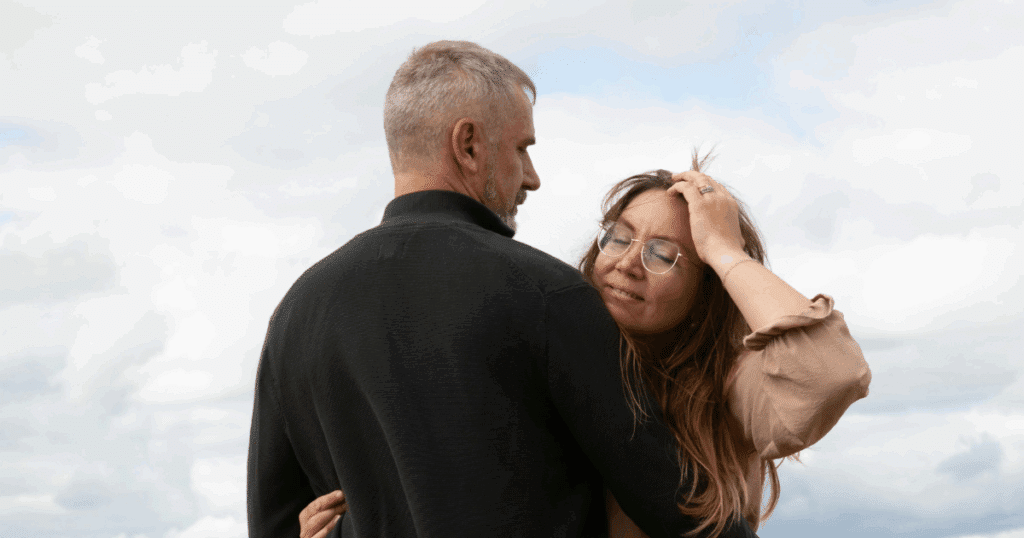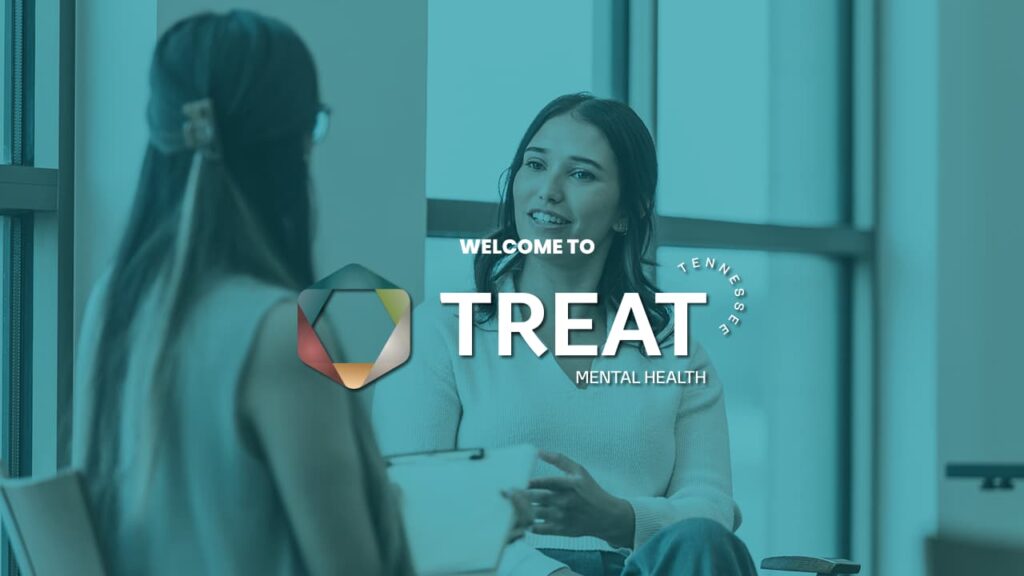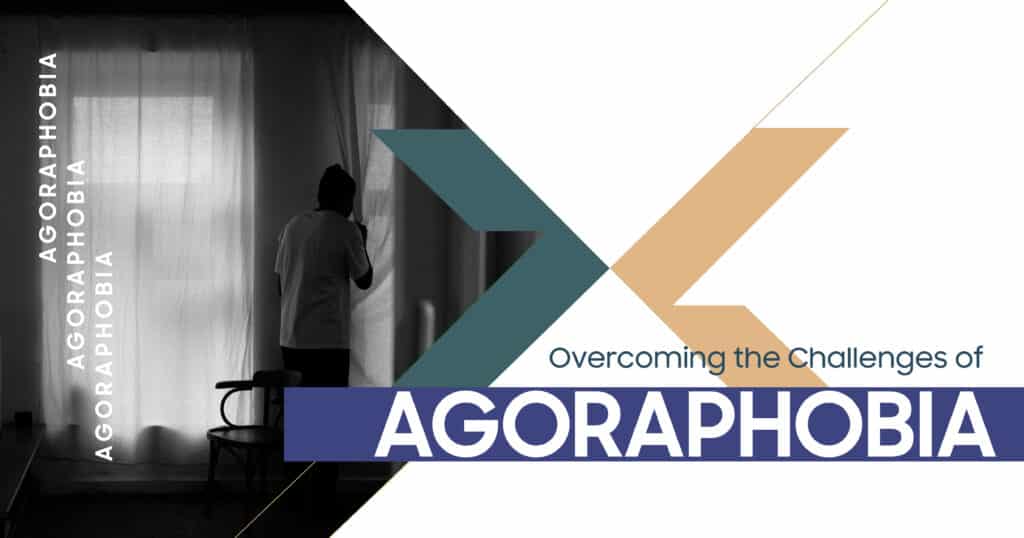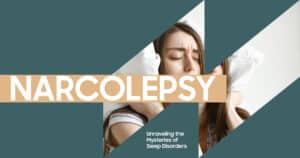Agoraphobia is not merely the fear of open spaces and crowds, but an anxiety disorder that may limit almost any sphere of life. To a person who has a problem with it, even the simplest tasks, such as grocery shopping, social events, or even going outside, may seem frightening and overwhelming. This condition is very misconceived, yet it is a case that can be cured with the appropriate knowledge, treatment, and encouragement.
This blog discusses the nature of agoraphobia, its symptoms, causes, and diagnosis, effective treatment options, and coping mechanisms.
Understanding Agoraphobia: A Closer Look at This Anxiety Disorder
Agoraphobia is considered an anxiety disorder, and in this case, patients hate to find themselves in circumstances that they may believe they cannot escape or they may feel that they may not seek help. The result of such fear is usually a lack of social gathering, like malls, buses, airports, or street congestion.
Not a fear of the crowd, as many people might assume, agoraphobia is all of this and much more – it is the paralyzing fear of losing control, a panic attack, or engagement in humiliation in foreign surroundings. Gradually, this behaviour of fear and avoidance may trap someone in the shrinking world, as on other occasions, a person may find themselves locked up at home.
Treat Mental Health Tennessee
Common Symptoms of Agoraphobia and Their Impact on Daily Life
The agoraphobic symptoms are not all destructive, but they are predominantly classified as physical, emotional, and behavioral in nature.
Physical symptoms
It is easy to confuse physical with panic attack symptoms: heartbeat can be quick, skin is sweaty, one discovers that they can feel lightheaded, can have shortness of breath, and cannot stop shaking. At times, these are so astounding that most people believe they are in a medical emergency.
Emotional symptoms
The emotional symptoms are considered to be the constant fear of losing control, a sense of helplessness, and an increase in feelings of anxiety in social situations.
Behavioral symptoms
Behavioral symptoms will also be based on avoidance – missing social events or avoiding going too far or simply not wanting to leave the safety nets.

What Causes Agoraphobia? Exploring Potential Triggers and Risk Factors
There is no single cause of agoraphobia – it is, in most cases, a combination of biological, psychological, and environmental factors.
- Connection with panic disorder- A lot of agoraphobics were initially affected by panic attacks. There is a fear of panic outbreaks in the future in social places that can trigger avoidance action.
- Genetics – Anxiety disorders may make one prone to the condition.
- Traumatic experiences – could include abuse, accidents, or other stressful events in life.
- Personality traits – Individuals who are inherently more apprehensive, apprehensive, or perfectionistic can be more vulnerable.
Treat Mental Health Tennessee
Diagnosis of Agoraphobia: How Healthcare Professionals Identify the Disorder
Agoraphobia is a problem that cannot be diagnosed just by identifying the fear of people or open spaces. A psychological professional will:
- Administer a clinical interview- Convert the symptoms, incidence, and provocation.
- Use diagnostic criteria – According to DSM-5, diagnostic states occur when a person experiences anxiety or dread about two or more circumstances, including situations like traveling on wine, outdoor areas, Manifest Destiny, queuing in lines, or being alone.
- Assess major disorders – Checking of coexisting disorders such as panic, depression, or other anxiety disorders often leads to proper diagnosis.
- Eliminate medical causes – In some cases, symptoms of anxiety can be similar to heart problems, problems with the vestibular or thyroid gland disorders.
Effective Treatment Options for Agoraphobia: From Therapy to Medication
Agoraphobia is curable, and it is possible to help a lot of individuals feel independent and the confidence they need by means of a combination of:
- Cognitive Behavioral Therapy (CBT)
- Exposure Therapy
- Medication
- Supportive Therapy
Lifestyle Adjustments and Coping Strategies for Managing Agoraphobia
Although professional therapy involves therapy as well as drugs, it is essential for overcoming agoraphobia. Lifestyle decisions taken in everyday routine also contribute significantly to the control of the symptoms. Having healthy habits, stress-related methods, and slowly overcoming fear leads to the ability for people to feel confident and independent again. The following outlines the coping strategies that can be used practically, and they help in recovery:
| Strategy | How It Helps | Examples |
| Structured Daily Routine | Provides stability and reduces the uncertainty that fuels anxiety | Consistent sleep schedule, balanced meals, planned activities |
| Gradual Exposure | Helps desensitize fear by slowly facing avoided situations | Starting with short walks, visiting less crowded places |
| Mindfulness & Breathing | Calms the nervous system and reduces panic symptoms | Meditation, box breathing, 4-7-8 breathing |
| Physical Activity | Improves mood, lowers anxiety, and builds resilience | Walking, yoga, tai chi, light exercise |
| Stress Management | Reduces overall anxiety triggers | Journaling, guided imagery, relaxation techniques |
| Limiting Stimulants | Prevents worsening of panic symptoms | Reducing caffeine, nicotine, and energy drinks |
| Support System | Provides encouragement and accountability | Talking with trusted friends, joining support groups |
Find Relief and Support With Treat Mental Health Tennessee
Agoraphobia is not easy to cope with, however, one can overcome the problem and rejoin the world. At Treat Mental Health Tennessee, we offer evidence-based treatments including CBT, exposure, medication administration, and warm support.
We are focused on assisting individuals with dealing with avoidance, reducing their fear of social life, and recovering their ability to live independently. With or without one-on-one therapy and in or out of group counseling, we will help you along the road to recovery. When you are experiencing trouble with agoraphobia or one of your loved ones, do not delay. Today, it is time to start the trip on the way to healing and regaining freedom, visit Treat Mental Health Tennessee.

Treat Mental Health Tennessee
FAQs
What is the connection between agoraphobia and panic attacks, and how do they influence each other?
After the recurring panic attacks in the open areas, agoraphobia usually develops. Avoidant behavior is a result of the fear of another attack, but it only causes the cycle of anxiety and isolation.
How can exposure therapy help individuals with agoraphobia overcome their fear of crowds?
The nature of exposure therapy is to help those who fear get used to a situation gradually and safely, such as going into a crowded place. Over time, the brain learns that these environments are not harmful, thereby minimizing the level of fear.
In what ways does cognitive behavioral therapy address avoidance behavior in people with agoraphobia?
CBT assists one in finding out useless thought processes that contribute to avoidance. Patients diminish avoidance-related methods and build the confidence to visit physical places by refuting these beliefs and using new coping mechanisms.
Are there any specific mental health strategies that alleviate social phobia symptoms in those with agoraphobia?
Yes, social phobia symptoms can be alleviated by mindfulness, relaxation training, and the practice of social skills. Implementing these strategies together with CBT can help an individual lessen the fear of being judged and become more comfortable in a social setting.
What role does medication play in managing anxiety disorder symptoms associated with agoraphobia?
The severity of anxiety and the cardinal aspects of panic attacks are minimized through medication, which makes participation in clinical and occupational activities more convenient. Although it cannot be considered a cure, it is frequently a component worth inclusion in a complex control mechanism.









